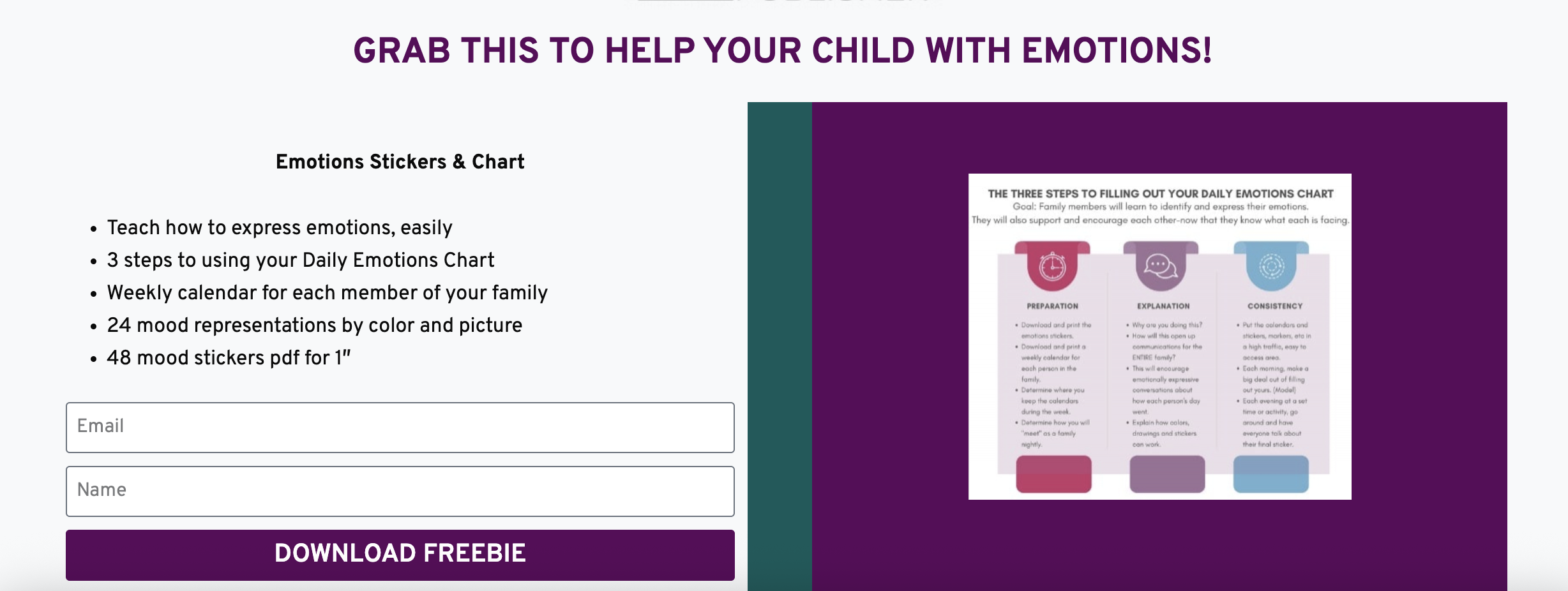Holding Space for Sadness in a Divided Nation
A Heart Weighed Down
I am heartbroken.
In today’s world of constant struggle, we all feel something.
Often, it is anger that we see and hear.
Sometimes it is anxiety or fear.
For many, it is depression.
But I want to pause and remember another emotion—sadness.
It is okay to simply be sad.
Why am I so very sad?
It tears me apart that our language now so often includes hateful words, defended as “freedom of speech.”
I am heartsick when friends and family—people I once trusted—lash out with venom, even wishing death upon others.
I cry in my soul knowing that from 2000 to 2022 there were 783 school-related shootings, resulting in 1,676 deaths and injuries.
Today, when there is a school shooting, few are even surprised.
It grieves me to see our divided nation inch toward a kind of civil war: brother against brother, families dividing, children separating from parents.
Where does this lead?
The Threads of Our Unrest
I believe these heartbreaks are connected.
As division in our nation has deepened, hateful speech on social media has grown.
People have become comfortable judging who is worthy of life and who is not.
Hate speech rises as more people insist their way is the only way.
Those who refuse to conform are called “stupid” at best—“deserving to not live” at worst.
Neither side is innocent.
Our two-party system has hardened into extremes.
Compromise—once a model of good citizenship—has become rare, and the lack of it teaches our children that cruelty and contempt are acceptable.
Children now grow up hearing that some people are “bad,” unworthy of kindness or respect.
And when we are angry, we act—too often, violently.
Our support systems are crumbling just when we most need connection and safety.
In 2022, an estimated 59.3 million adults in the United States—23.1% of all adults—lived with a mental illness.
That is almost 1 in 4!
Questions We Keep Asking
We hear these questions again and again:
- Why are shootings on the rise?
- Why are more people diagnosed with autism or ADHD?
- Why are we more divided than ever?
- Why do people seem less kind?
Some of these worries reflect reality; others may be amplified by the attention they receive.
Here is what I see:
- School shootings are increasing.
In my opinion, this is fact.
Children hear adults speak hateful words and conclude—without fully developed reasoning—that violence is an acceptable response to injustice.
Our children’s mental health matters deeply.
Recent 2023 data show that 1 in 3 U.S. high school students reported their mental health was “not good” most of the time or always in the past month. - Autism is “suddenly everywhere.”
This is more myth than fact, again, in my opinion.
The spectrum now includes many co-occurring conditions—ADHD, anxiety, depression, sensory sensitivity, epilepsy—so more people receive a label.
Decades ago, many children with these traits were never evaluated.
We often look for labels to explain the struggles of those we love, hoping a name will bring clarity and comfort. - Our nation is more divided than ever.
This is the fact that I see that brings me to my knees in despair.
I see families torn apart.
To preserve relationships, some avoid politics altogether, yet politics now touches everything—education, healthcare, even sports.
TuftsNow described how Americans live in “different news environments,” where Democrats and Republicans hear entirely different stories each week.
If the media is tailoring facts to our beliefs, how can we separate truth from emotion?
Shouldn’t we, as thinking adults, be able to sift through facts and form our own understanding? - Are people less kind?
I thought this was a fact—until I looked closer.- Empathy among college students has declined.
- There was a “benevolence bump” during and after COVID-19, with kindness about 10% higher than before.
- Adolescents show a slight increase in prosocial behavior, influenced by socioeconomic factors.
- Older adults often display more generosity and concern than younger adults.
Interestingly, while research suggests kindness is holding steady or even rising, many people believe the opposite—a perception echoed across political lines.
Writing Towards Hope
Writing is how I sort my thoughts and feelings.
I began this piece overwhelmed by grief—especially after the Charlie Kirk shooting—fearful that our nation’s divisions could never heal.
Yet, after exploring research on kindness, I end with a quiet hope: perhaps we can still remember the person across from us—the human being worthy of being heard and loved.
“This grief has a gravity; it pulls me down.
But you are lost, hope is gone… and you must go on and do the next right thing.”
— Anna in Frozen 2


